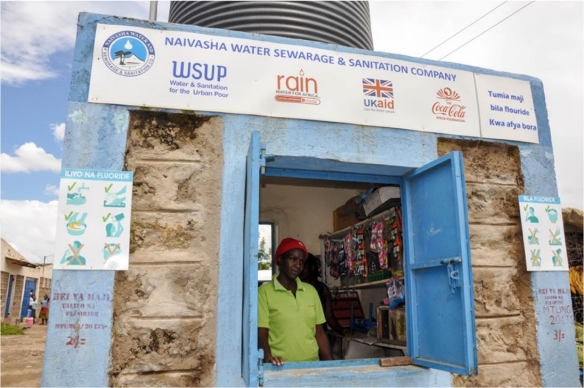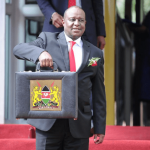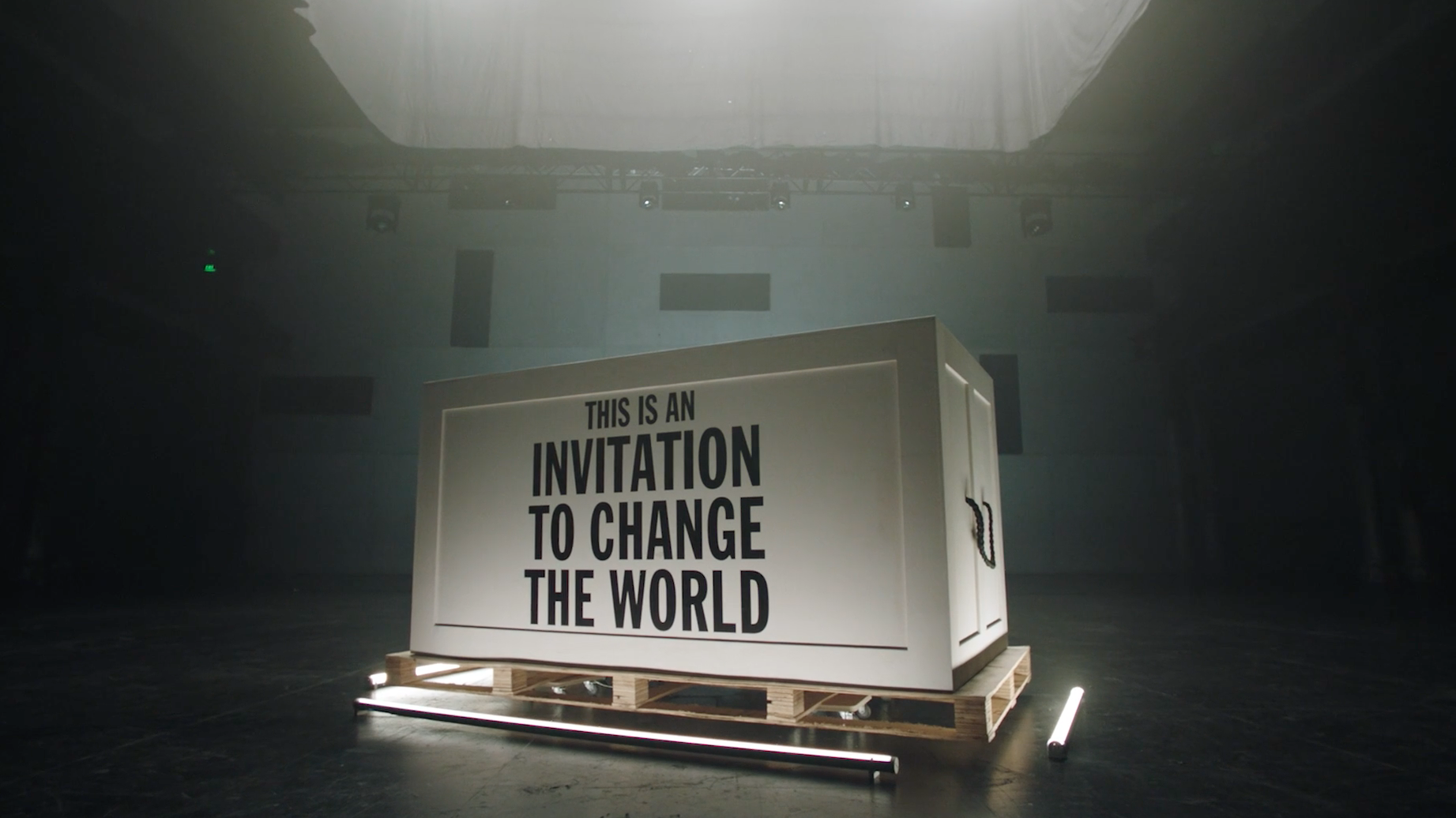A new policy brief from Water and Sanitation for the Urban Poor (WSUP) has revealed myths holding back universal access to water and sanitation in Sub-Saharan Africa (SSA).
According to WSUP boss Neil Jeffery, the organization has identified five myths which are stopping investors, agencies and policymakers from properly addressing the inadequate access to essential water and sanitation services in cities across Sub-Saharan Africa.
“Rapid urban growth and urbanization in SSA has the potential to bring enormous benefits to both regions, lifting millions out of poverty, but these regions will only reap the benefits of this massive demographic change if urbanization is managed well,” said Mr Jeffery.
The five myths, are: Struggling utilities are unable to serve the poorest while its reality is Much-maligned, publicly owned utilities can deliver services for the poorest communities. Water should be free its reality being Water is a human right, but people should still pay for it. Even the poorest. Communities should be responsible for their own services with the reality being Community ownership can result in poor services. We should be aiming for community buy-in instead. Only focusing on household facilities its reality check being Community sanitation facilities can help bridge the gap when household facilities are not viable and building toilets will solve the sanitation crisis being tackled with the reality that solving the waste management conundrum is bigger than just building toilets.
{ Read: AfDB approves Sh7.3b loan to improve access to sustainable wastewater services in Nairobi }
Mr Jeffery said that it is important the five myths are addressed to avail clean and affordable water to the people.
“By overcoming the five myths identified in this policy brief, clean, readily available and affordable water and safe, dignified sanitation can be extended to all citizens living in urban areas,” said Jeffrey.
The policy brief also says that in 2000, just a third of population in SSA lived in urban areas but according to projections, by 2035, it will be over half.













Leave a comment